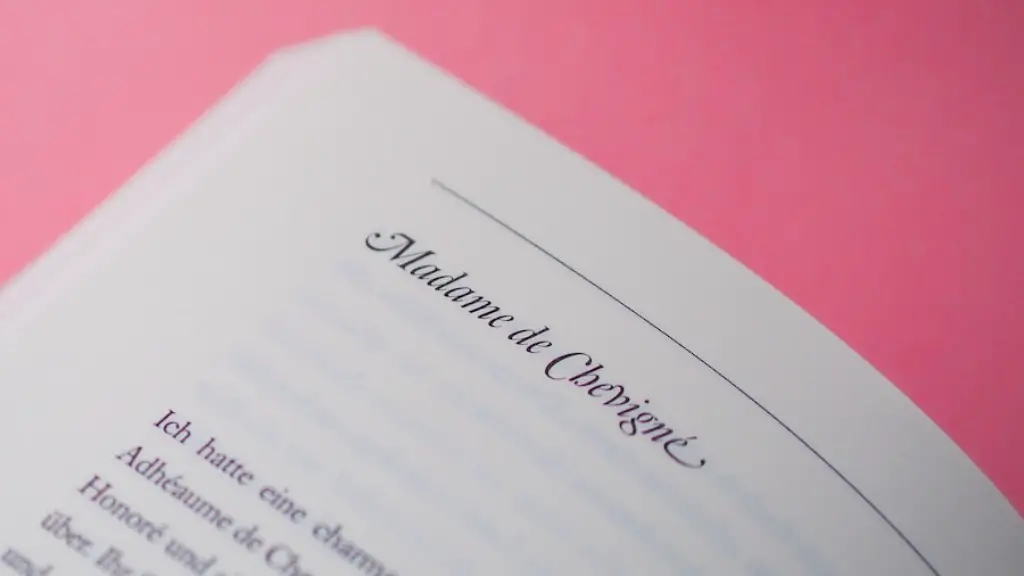Introduction
Poetry is a form of literature that expresses emotions, observations, and ideas in a concise, rhythmic, and often metaphorical way. It has been used for centuries as a way to both entertain and inspire. For many people, poetry is synonymous with English literature, although there are different definitions of what poetry is and what it encompasses. In this article, we will explore the meaning of poetry in English literature and its evolution over time.
Expressing the Unspeakable
At its core, poetry is a tool used to convey emotion. Writers have used it as a way to express their innermost feelings, experiences, and observations. Often, this emotion can’t be put into words and so, a poet must create a new language to accurately portray it.
Poetry allows for a unique kind of expression. Writers can use subtlety and ambiguity to powerful effect. This type of expression allows for the writer to express complex or abstract ideas in ways that wouldn’t be possible with prosaic (not poetic) writing.
English Tradition
English poetry has a long and rich tradition. It has also been an important influence on the development of other European languages. The earliest known English poetry was written in the 7th century, and the tradition continued to grow from there. It is closely tied to the official language of the time, so when the Norman Conquest occurred in 1066 the language of the court and the language of the literature changed. From the 14th century onwards, English poetry blossomed into a major literary form.
The range of styles and themes of English poetry developed in the 14th century is also remarkable. The 14th century saw the rise of rhyme, meter and alliteration. These tools provide the framework for the poet to construct their works. A wide array of genres arose, such as pastoral, lyric, and metaphysical. The Renaissance period was a major development period in English literature, and poetry in this period began to explore new ideas and created a wide range of innovative styles.
Sonnets
One of the most popular forms of poetry in English literature is the sonnet. This form of poem consists of 14 lines and is usually written in iambic pentameter. Sonnets tend to focus on love, loss and the beauty, and are often very philosophical in nature. The popularity of the sonnet has endured for centuries, and it is still a popular form of poetry today.
The most famous sonnet writers of English literature include writers such as William Shakespeare and Elizabeth Barrett Browning. The works of these writers have become classics in their own right, and continue to be read, studied, and reproduced today.
Educational Impact
The impact of poetry on education is indisputable. It has been used to help children to learn new words, to appreciate metaphors, and to understand different emotions. Teaching with poetry has been found to be an effective way to engage students with complex subjects. For example, it can be used to teach students about history, nature, and other scientific topics. Poetry can also be used as a way of encouraging creative thinking and self-expression.
Symbolism and Imagery
Symbolism and imagery are two characteristics of poetry that make it unique. A poet can use these two techniques to create vivid and powerful images in the minds of readers. Often, these images and symbols can communicate an idea or feeling more powerfully and clearly than words alone. Imageries and symbolism allow poets to express their innermost thoughts, feelings and experiences in an interesting and creative way.
Conclusion
It is clear that poetry has been an integral part of English literature since its very beginnings. Poetry has played an important role in the education of people, in the expression of deeply felt emotions, and as a unique way of conveying powerful images. It stands apart from other forms of literature by its ability to create vivid and vivid images, to use symbolism and imagery to convey complex ideas, and by its use of rhythm and meter. The history of English poetry is a long and rich one, and it continues to evolve and be explored to this day.

